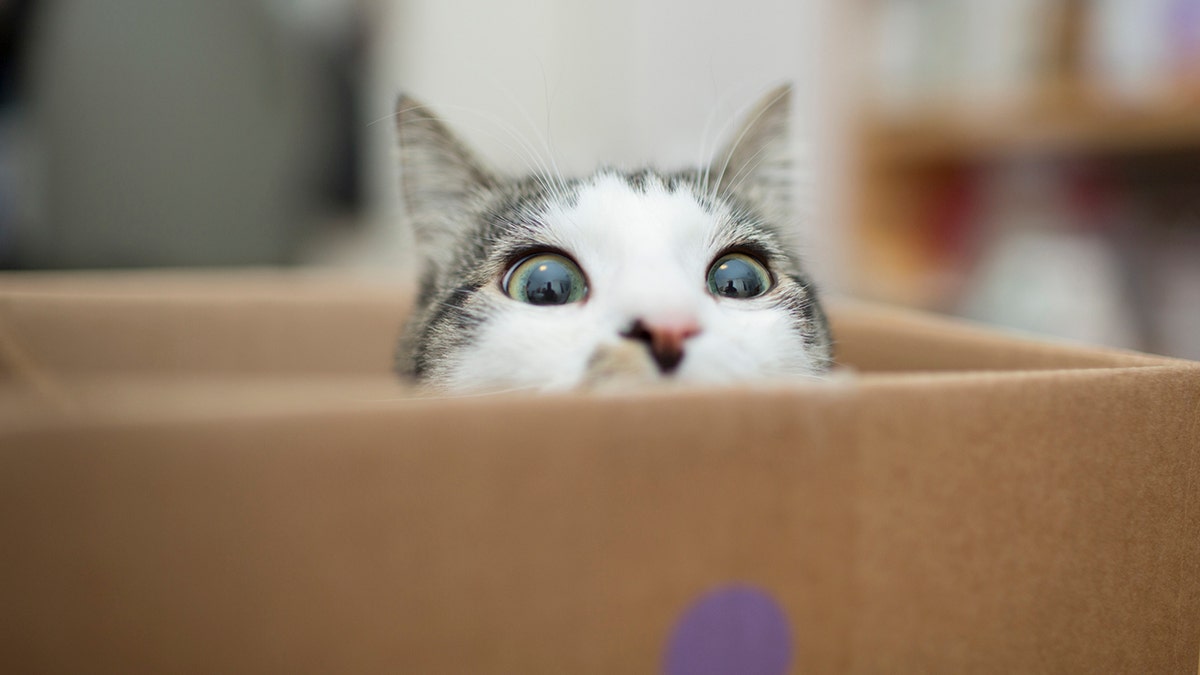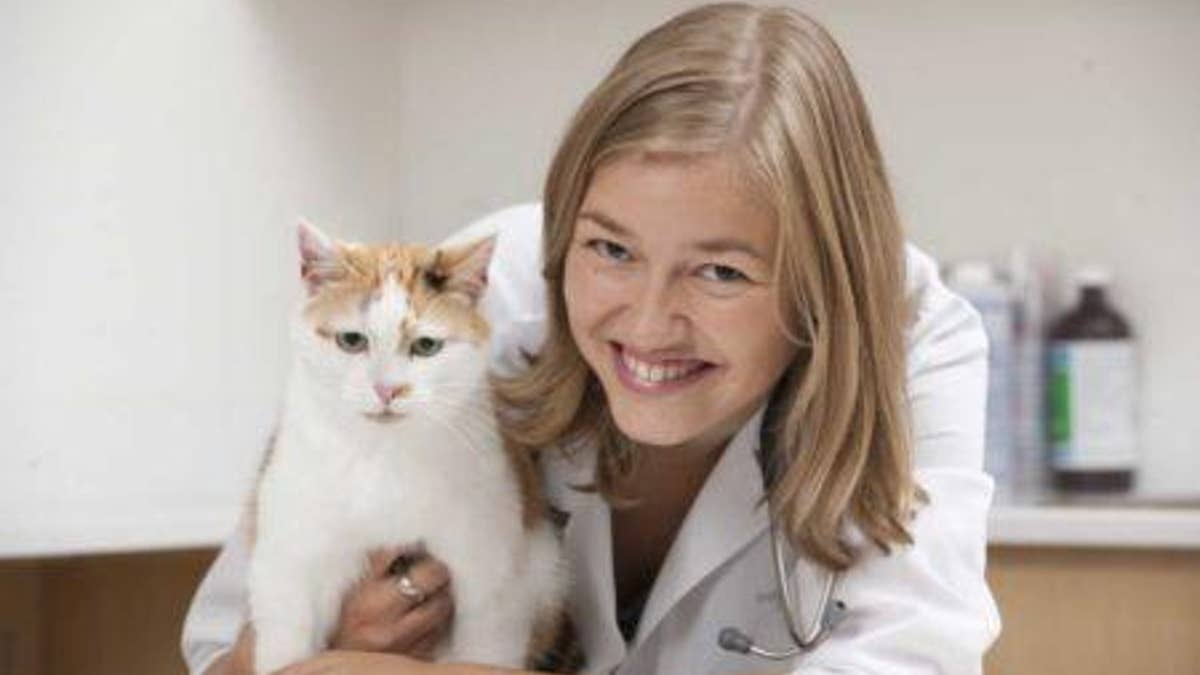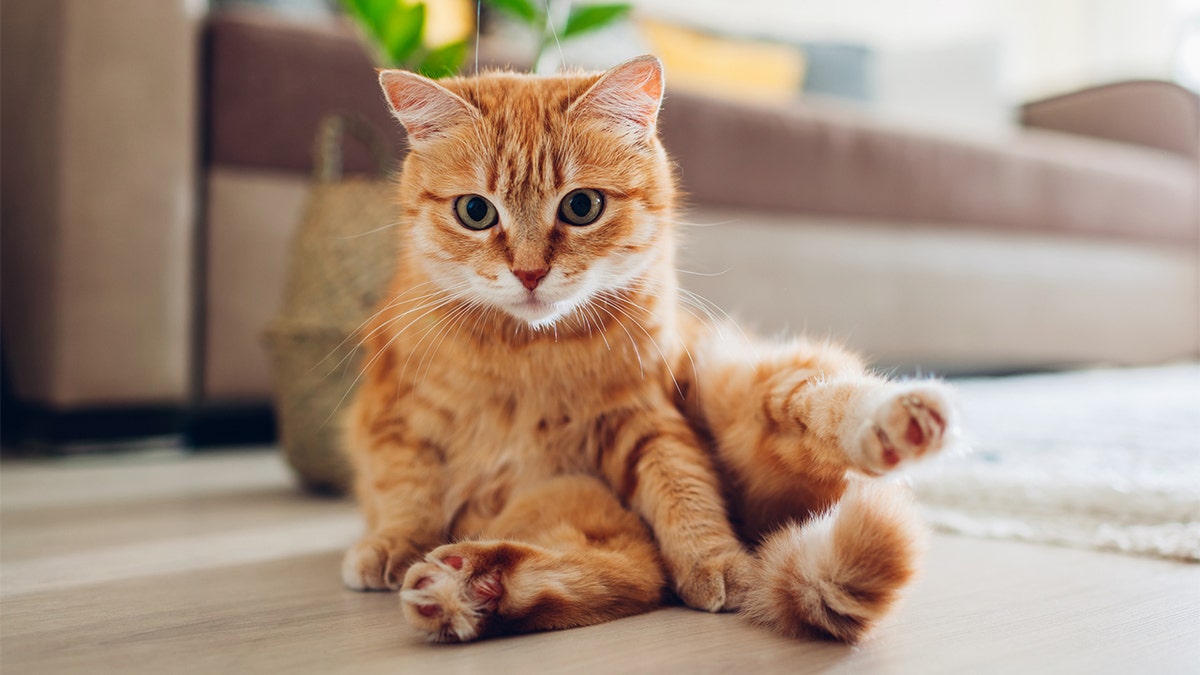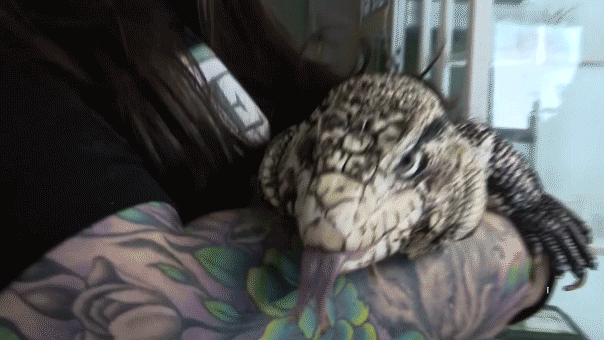A new study has revealed some a-meow-zing new purr-spectives on cats and their dietary needs.
New research from animal nutrition specialists at the University of Guelph, in Ontario, Canada, found that cats who are fed one big meal each day may be more satisfied and beg for food less than cats fed multiple smaller meals.
The findings were published in the journal PLOS One Friday.

Cats eating just one meal per day had more appetite-regulating hormones and saw other health benefits. (iStock)
HELSINKI AIRPORT DEPLOYS CORONAVIRUS-SNIFFING DOGS
Cats who ate just one meal per day had higher levels of three appetite-regulating hormones, which the researchers said suggested the animals were more satisfied. They were also burning their fat stores and had more protein available to build muscle.
The study looked at just eight indoor cats, which were fed once daily and then fed four times daily for 21 days. While just a small sample size, the study could change best-practices in cat care because the researchers tracked the cats’ physical activity, energy expenditure and appetite-suppressing hormones.
“These findings may surprise the veterinary community and many cat owners who have been told their animals need several small meals a day,” said Adronie Verbrugghe, a professor and veterinarian with the University of Guelph’s Ontario Veterinary College.

Prof. Adronie Verbrugghe said the findings " may surprise the veterinary community and many cat owners." (University of Guelph)
CLICK HERE TO GET THE FOX NEWS APP
Previous studies have only looked at the effects of meal frequency on cat behavior and not monitored cats' health to the same level, according to Kate Shoveller, a professor with the university’s department of animal biosciences.
“There was no good research to back up the several-meals-a-day approach that many owners hear, and so we wanted to put some real data behind current feeding recommendations to be sure they were right for cats,” she said in a press release.

Previous studies have only looked at the effects of meal frequency on cat behavior and not monitored cats' health to the same level. (iStock)
CLICK HERE TO SIGN UP FOR OUR LIFESTYLE NEWSLETTER
Shoveller compared the findings to research in humans that has shown “positive health outcomes with intermittent fasting and improved satiety,” as well as big cats in the wild that feast on a kill and fast until their next.
“Physiologically, it makes sense that feeding only once a day would have benefits,” she said.
Verbrugghe said they plan to do longer studies, noting that “this approach might be helpful to promote satiety in some cats, [but] it might not help another.”









































